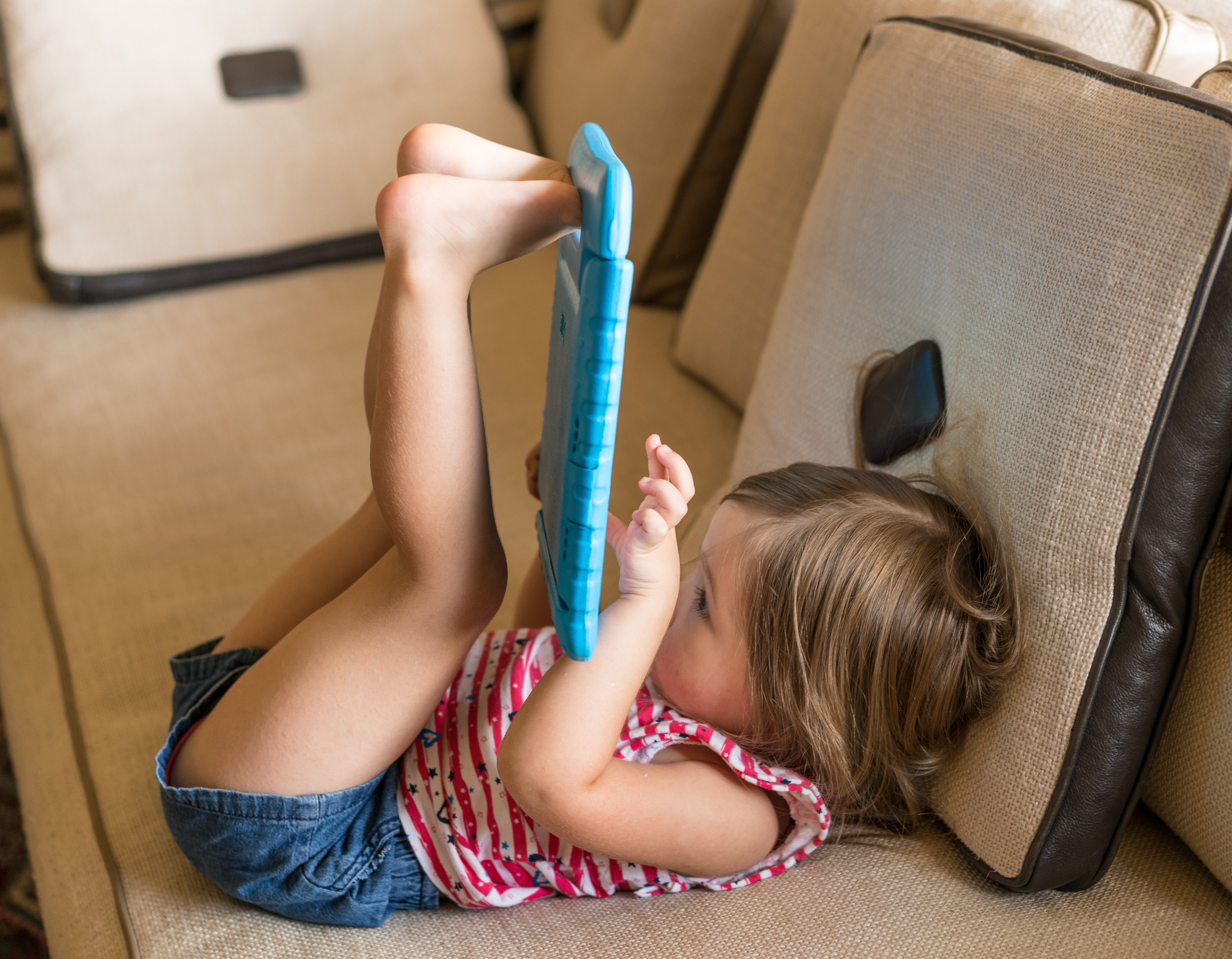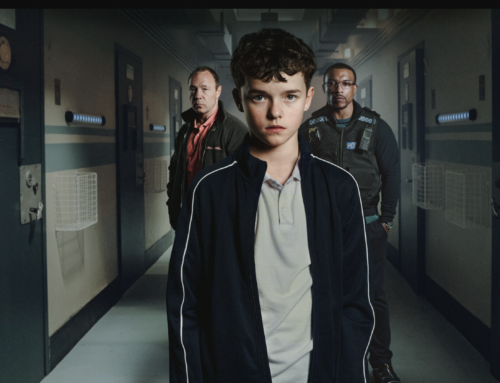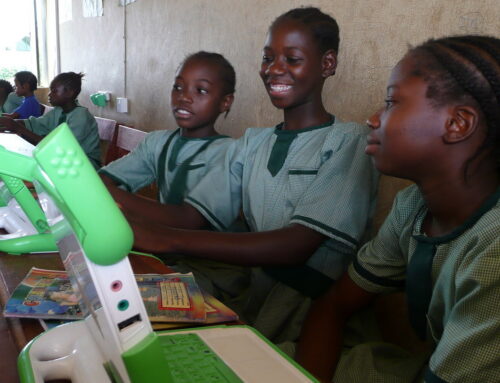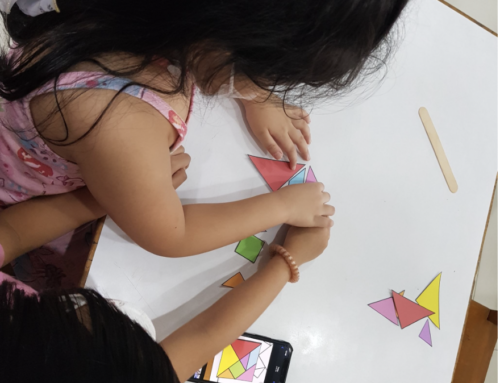It’s hard to imagine, as you watch a line of young children walking down the street, hand in hand crocodile style, that bullying could ever occur in pre-school. The sad truth is that it does, with almost the same frequency and intensity as in the higher grades in elementary school.
Eric is a kindergartener in an urban school. He hides shoes, scribbles on drawings, shoves others in line, leaves certain kids out of play groups and says things to make them cry. When asked what he thinks he is doing, Eric replies, “I’m the boss around here.” He knows that his behavior is against the rules but he chooses to ignore this, seeming to enjoy the social capital and control that he has gained.
Part of the developmental journey for the young child is learning to understand and control their aggression. Preschool teachers spend considerable amount of time teaching impulse control, talking about responsibility and stopping bullying. It’s estimated that between ten and twenty percent of the children in preschool and kindergarten engage in bullying, even though many of them cannot give these behaviors a name.
Young children are now taking the same behaviors online. Nearly every young child in the United States has access to a tablet or smartphone and averages two and a half hours a day online. Interactive video games have a particularly high rate of mean comments and bullying.
There is a growing number of game developers committed to using their platforms for good. Minecraft, one of the most widely used video gaming sites, works closely with non-profits to build an educational platform that teach both STEM skills and values. Papumba Academy, a newcomer to the world of young child games, is releasing a bullying prevention game with No Bully on May 4th to coincide with international anti-bullying day. The game teaches young children to recognize bullying and opportunity to practice what to do if they or a friend is being bullied.
Four life lessons that every young child needs:
1. Explain to your young child what bullying is. Use actual examples from their life, point out when people say and do things that are mean, and give them practical examples of what they can do to stand up to bullies.
2. Make the time to introduce your child to their first device. Co-play in these early years – discovering new websites, games and apps together – is the best way to establish good online habits for their whole childhood. It’s also the best way to know where your child has gone when they disappear into their screen.
3. Teach that kindness is as important online as offline.
4. Discuss with your child what the Internet is – the invisible force that connects their phone or tablet to people around the world – and explain that the people they connect with online need respect and kindness just like them.
5. When to take a break. Children benefit from a healthy balance of screen time, physical activity and connected time with you. Track if your child is becoming tired or frustrated, and suggest a break from their devices before this happens.







Leave A Comment